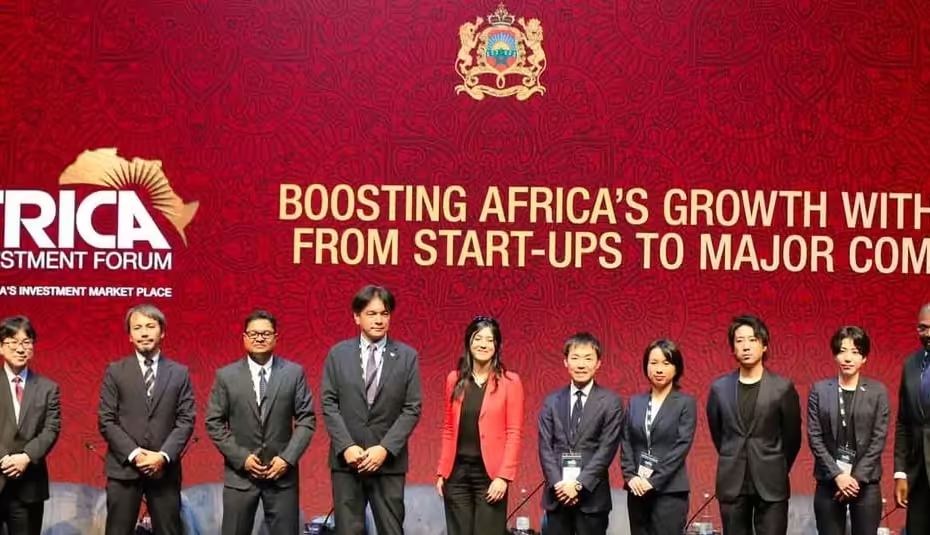An African Development Bank (AfDB) delegation visited Tokyo last week to hold important meetings at the Ministry of Land, Infrastructure, Transport and Tourism (MLIT). The delegation was led by Vice Presidents Kevin Kariuki, Solomon Quaynor, and Kevin Urama.
They met with Mr. Takashi Koyari, Parliamentary Vice-Minister for Land, Infrastructure, Transport and Tourism, and representatives from various Japanese ministries and corporations.
The purpose of the visit was to build stronger partnerships with Japan. Additionally, it was to encourage investment in Africa’s infrastructure, clean energy, and start-up ecosystems.
Mr. Koyari welcomed the delegation and expressed confidence in Japan’s extensive knowledge in water-related infrastructure and disaster management. He believed this expertise could greatly benefit the AfDB’s projects and initiatives in Africa.
AfDB’s Strategic Focus on Climate Change
Solomon Quaynor highlighted the importance of climate change as a strategic area for the AfDB. He noted that Africa’s rapid urbanization is worsening climate change. Moreover, he said there’s inadequate urban planning, leading to informal settlements and lack of urban services.
Kevin Kariuki discussed the AfDB’s approach to tackling climate change, which aligns with the Paris Agreement. He shared the success of the Technologies for African Agricultural Transformation (TAAT) project in Ethiopia. These have helped the country move towards becoming a net wheat exporter.
Kariuki also talked about the Bank’s Climate Action Window (CAW), a dedicated fund for climate finance in Africa’s least developed countries.
Several Japanese corporations presented their infrastructure products and activities, including drainage pumps, dam management, water desalination, and climate-related flood management.
Quaynor saw potential for commercial, scalable opportunities with drainage pump vehicles in African cities, suggesting that if affordable, these vehicles could be widely used to implement drainage solutions.
“If the drainage pump vehicles are affordable, we could probably see people who want to buy several and actually use it to implement drainage in different parts of town, so, there could be a commercial, scalable opportunity with the drainage pump.”
Also Read: Climate Action Needed Now or Never for Developing Countries – Report
Collaborations and Future Prospects
Takaaki Nomoto, AfDB Group Executive Director for Japan, Brazil, Argentina, Austria, and Saudi Arabia, appreciated the engagement with the Japanese private sector.
He noted the potential for collaboration, especially with companies experienced in Africa, and highlighted the Bank’s focus on quality infrastructure in Africa.
The AfDB delegation also met with the Japan Bank for International Cooperation (JBIC) on Monday. They discussed reviving the partnership between the two institutions, which had signed a Memorandum of Understanding in 2009.
This agreement covered natural resources, renewable energy, infrastructure, private sector trade facilitation, and liquidity support.
The vice presidents stressed the importance of working with JBIC to encourage Japanese investment in Africa. They highlighted Africa’s potential in renewable energy, critical minerals, and green hydrogen production, as well as the need for local manufacturing in the critical minerals value chain.
The AfDB delegation will be in Japan from June 17 to 21, engaging in various meetings. They also hosted the Japan Africa Business Forum on June 18 in partnership with Keizai Doyukai, the Japanese Business Association.

